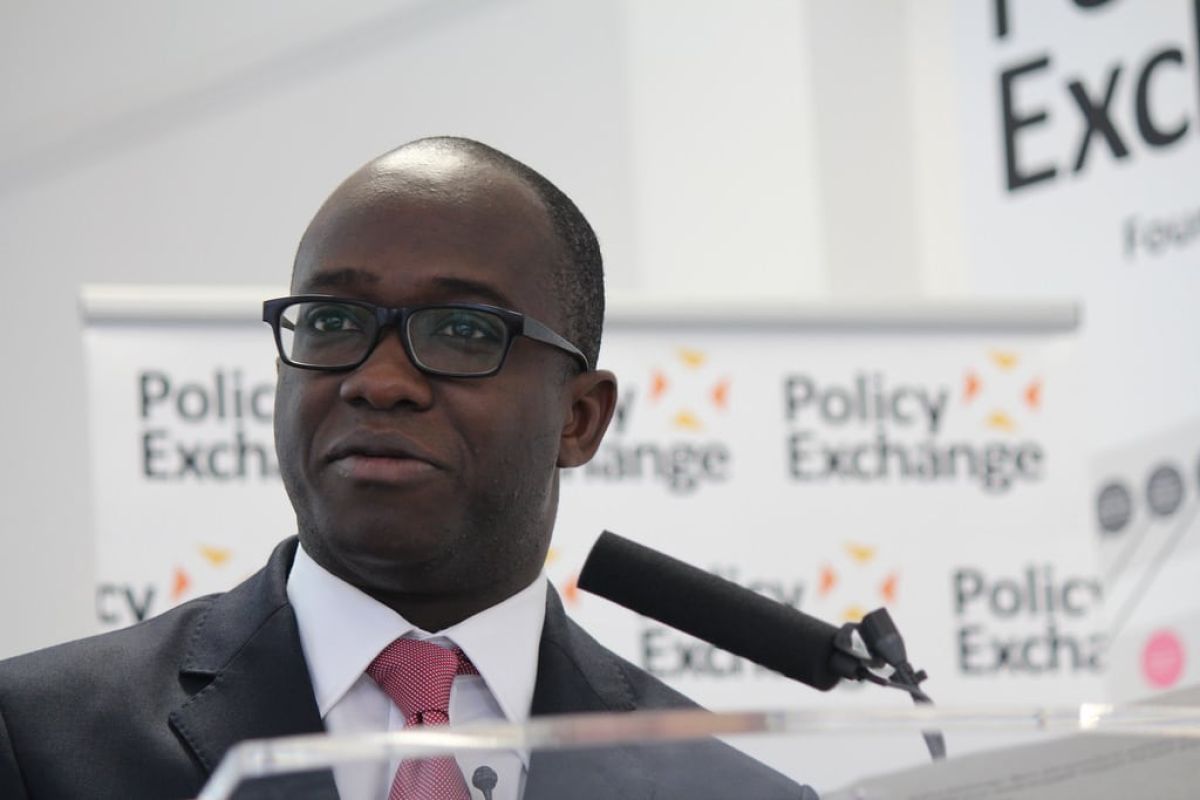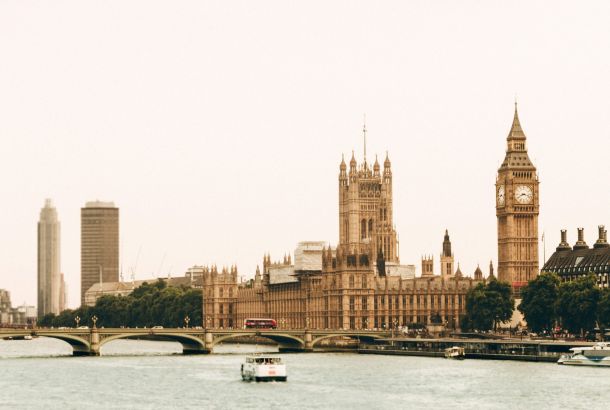Government pledges to protect free speech on campus

New guidelines are being proposed to prevent universities from ‘no-platforming’ controversial speakers.
University Minister, Sam Gyimah met with university students and leaders on the 3rd of May 2018, to establish a set of regulations that protect free speech and open debate on university campuses.
The meeting was described as a “‘free speech summit”.
Mr Gyimah sai: “‘A society in which people feel they have a legitimate right to stop someone expressing their views on campus simply because they are unfashionable or unpopular is rather chilling.
“There is a risk that overzealous interpretation of a dizzying variety of rules is acting as a brake on legal free speech on campus’.
Some societies have been accused of ‘”institutional hostility” to what are unpopular but perfectly lawful views.
The Chairman for the Office of Students, Sir Michael Barber commented “challenging” ideas had a right to be heard and continued: “our universities are places where free speech should always be promoted and fostered.”
Speakers have been warned about being blocked by “no platforming” — when students refuse to offer a platform for speakers when their views are too offensive.
An investigation carried out by Parliaments Joint Committee on Human Rights found that red tape and confusion over what is permissible was the wider problem.
Harriet Harman, who chairs the committee commented “University bureaucracy” and fear of controversy was stifling debate.
Mr Gyimah has emphasised that a culture of censorship is not acceptable.
Clearer rules over the boundaries of debate and protest need establishing across all universities ‘to prevent bureaucrats or wreckers on campus from exploiting gaps for their own ends’.
Current rules on free speech are complex and allow the blocking of unfashionable views, which he blames the rise of safe spaces and no-platform policies for.
This intervention on free speech is being claimed as the largest intervention by ministers for more than 30 years. It marks the first new set of guidelines since the introduction of the free speech duty in 1986.
However, it has been claimed by Alistair Jarvis, Chief Executive of Universities UK that such confrontation is “good for politicians” and the parliamentary committee found that no problem with free speech at universities.
Thousands of events and speakers on campus occur every year and pass without a problem. Only a small number of events on divisive issues which are widely shared have caused an issue. For example, the recent fracas at an event Conservative Brexiteer Jacob Rees-Mogg was speaking at.
New powers to publicly shame and fine institutions for failing to uphold principles of free speech will be given to the Office of Students which came into force on April 1st.
Gyimah’s announcement was rather timely in regard to UoM as Former Tory Chancellor George Osborne visited recently, where he was making a speech on “what makes a country strong” at Whitworth Hall. He was met with protesters blasting Lily Allen’s ‘Fxck You’ song at high volume and placards, banners, posters, megaphones and drums calling for him to leave.
Mr Osborne was appointed Honorary Professor of Economics at UoM last year but received a mixed reaction among students.







